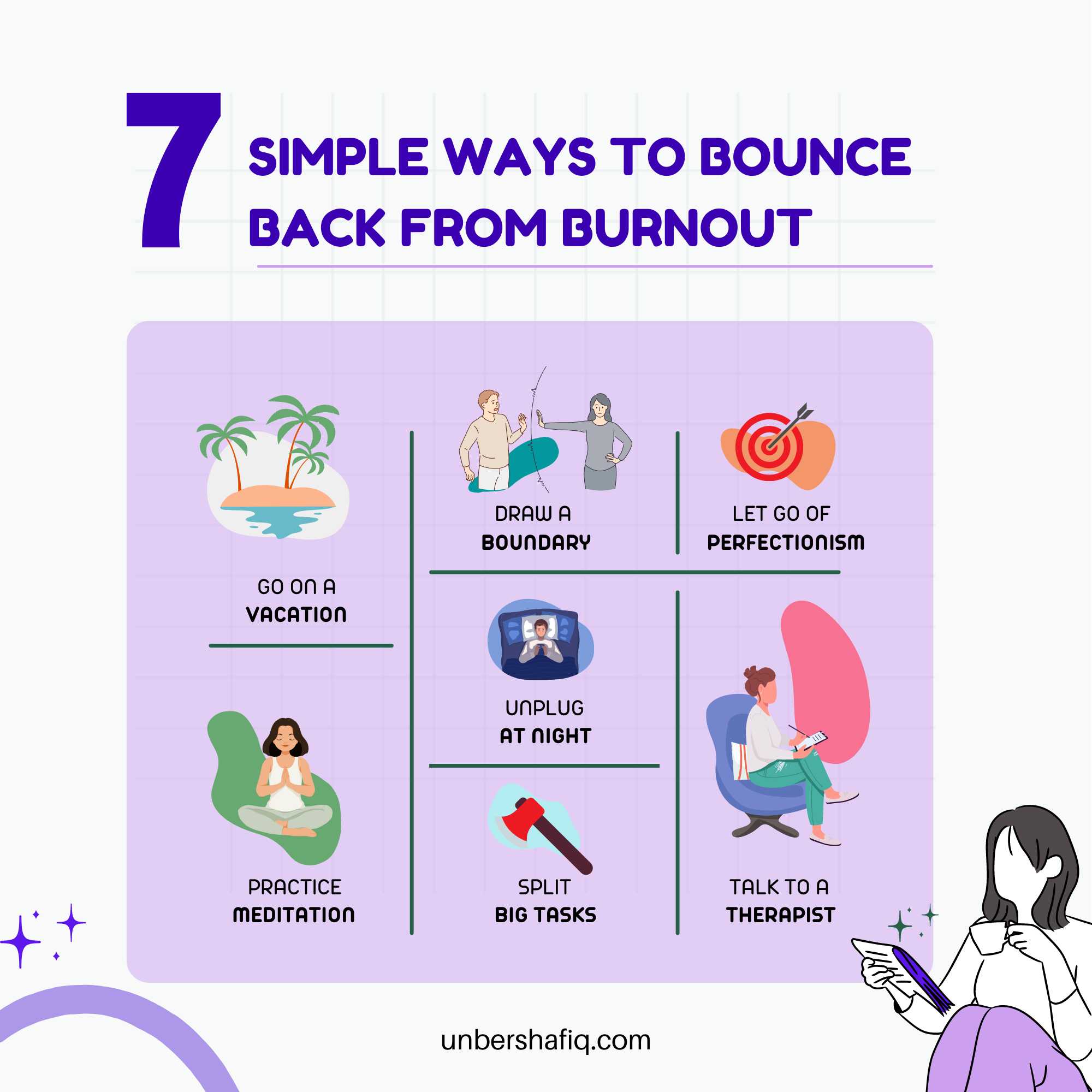
Image source: Pixabay
White foods often get a bad rap when it comes to health – think bread, flour, and bakery treats. But what if there’s a white food that defies the norm?
Mushrooms.
Despite their classification as fungi, their nutty flavor and impressive nutrient content make them a popular choice on plates. And they aren’t just delicious; they’re a low-calorie option too.
Mushrooms are packed with protein, vitamins, fiber, minerals, trace elements, and have zero cholesterol. [1] Keep reading to discover how mushrooms can work wonders for your well-being.
Top 5 benefits of eating mushrooms
Mushrooms offer a variety of nutrients to supplement your diet and enhance your well-being. Read on to learn about the top 5 benefits of eating mushrooms.
1. Improve bone health
When we think about strong bones, we usually think of milk and sunlight. But there’s a new contender in town that might surprise you – mushrooms!
These little fungi are packing a punch when it comes to vitamin D.
The vitamin D keeps your bones strong and healthy, and it’s also a boost for your immune system. So, getting enough of it is pretty important for the overall health.
However, lots of people around the world don’t get enough vitamin D. About 1 billion people worldwide have too little of it, and even in the United States, around 35 percent of adults are running low on vitamin D. [2]
Normally, we get vitamin D from the sun, but research shows that certain mushrooms, like UV-exposed white raw mushrooms, can also provide a good amount of this vitamin. In fact, just half a cup of mushrooms can give you 46 percent of the vitamin D you need in a day. [3]
Moreover, mushrooms are a great option for vegetarians because finding a plant source of vitamin D can be a bit tricky. Most sources of vitamin D are animal-based, like fish and fortified dairy products.
2. Build strong immunity
Medicinal mushrooms are consumed as extracts or powders to address health concerns and offer nutritional support. They have been historically used in Asia for centuries, but are now recognized for their immune boosting effects across the world.
Medicinal mushrooms are used to prevent and treat conditions like infections, lung diseases, and cancer. These mushrooms contain potent beta-glucans, a type of polysaccharide that plays a crucial role in combating inflammation and maintaining immune balance. [4]
You might be thinking about adding the most powerful of these medicinal mushrooms to your diet? However, choosing one is a challenge due to their collective benefits. You could rather opt for a blend of medicinal mushrooms.
Note: It’s important to consider that mushrooms might not be suitable for every condition. If you’re dealing with a serious illness, always consult your doctor to determine the most suitable treatment plan.
3. Protect brain health
Up to 18 percent of people over 60 face mild cognitive impairment (MCI), a condition that impacts memory, thinking, skills, and judgment of the person. MCI could also be a warning sign for Alzheimer’s. A healthy diet including brain-protecting foods like mushrooms could play an important role in keeping your brain healthy.
A research study conducted among people aged 60 and older indicates that individuals who ate more than 2 cups of mushrooms per week had a lower risk of developing cognitive issues as compared to their counterparts. [5] Similarly, a long-term Spanish study suggests that polyphenol-rich foods like mushrooms, cocoa, and coffee, could protect against cognitive decline. [6] Scientists from the Pennsylvania State University believe that eating at least five button mushrooms per day could reduce the risk of cognitive impairment in the future.
4. Promote healthy gut
Your gut isn’t just a food processor. It’s also a home to trillions of bacteria that impact your health and mood. Foods that are prebiotics and probiotics promote healthy bacteria in your gut. [7]
And guess what? Mushrooms are a great prebiotic food. They contain high levels of polysaccharides that are acid resistant and therefore, reach your intestines unchanged where they help to promote the growth of healthy bacteria. [8]
Unhealthy gut can lead to symptoms like bloating, heartburn, constipation, nausea, abdominal pain, fatigue, loose stools, brain fog, unexplained weight gain or weight loss, and headaches.
If you’ve been experiencing some of these symptoms and can’t pinpoint the cause, it could be due to an imbalance of gut bacteria.
Here are some medicinal mushroom types for you to try. You can also use a blend of these mushrooms.
- Lion’s Mane
- Reishi
- Chaga
- Shiitake
- Turkey Tail
5. Protect heart health
Mushrooms are packed with nutrients that could contribute to keeping your cardiovascular system in check. For example, think potassium, an important element for a healthy heart. Mushrooms, particularly portobellos, offer a generous serving of this essential mineral, with a single mushroom containing about 306 milligrams. [9]
Potassium in the diet encourages the excretion of excess sodium, a mechanism that offers considerable benefits for heart health by keeping blood pressure levels in check.
Moreover, these fungi have been associated with improvements in cholesterol and triglyceride levels – two key players in the cardiovascular landscape. Mushrooms, when used as replacements for red meat, offer a heart-healthy alternative that trims calories, fat, and cholesterol from recipes.
Mushroom Safety: Store-Bought vs. Wild Varieties
If you have read anything about mushrooms, you’d also know that some of them could be harmful. About 3% of known mushroom varieties are poisonous to humans. Since you may not know which one’s healthy, it could be risky to use any wild grown variety; it’s best to use the store bought mushrooms.
Wild Mushrooms in Nature:
- Significantly riskier to consume.
- Expertise needed to identify edible varieties.
- Cooking is required to neutralize toxins in most cases.
- Many poisonous mushrooms with severe symptoms exist.
Store-Bought Mushrooms:
- Generally safe for consumption.
- Allergies to mushrooms or mold can pose risks.
- Purchased mushrooms undergo quality control.
- Suitable for various culinary uses.
Incorporating Mushrooms into Your Meals: Tips and Swaps
Here are some simple swaps that work more mushrooms into your daily meals:
- Blend chopped mushrooms with ground meat for burgers.
- Enhance breakfast by adding mushrooms to omelet or scrambled eggs.
- Make Mushroom Garlic Bread for breakfast or evening snack. Just a Pinch has a quick and nice recipe for this yummy breakfast. Check it out here.
- Elevate pasta sauces and side dishes with sliced mushrooms. (Remember that mushrooms preserve their nutrients best if you grill them.)
Key takeaways:
- Mushrooms are packed with nutrients like vitamin D and B, proteins, and antioxidants.
- They can help protect you against cancer, grant great benefits to your gut, and make your bones strong.
- Mushrooms have a positive role in protecting brain health.

